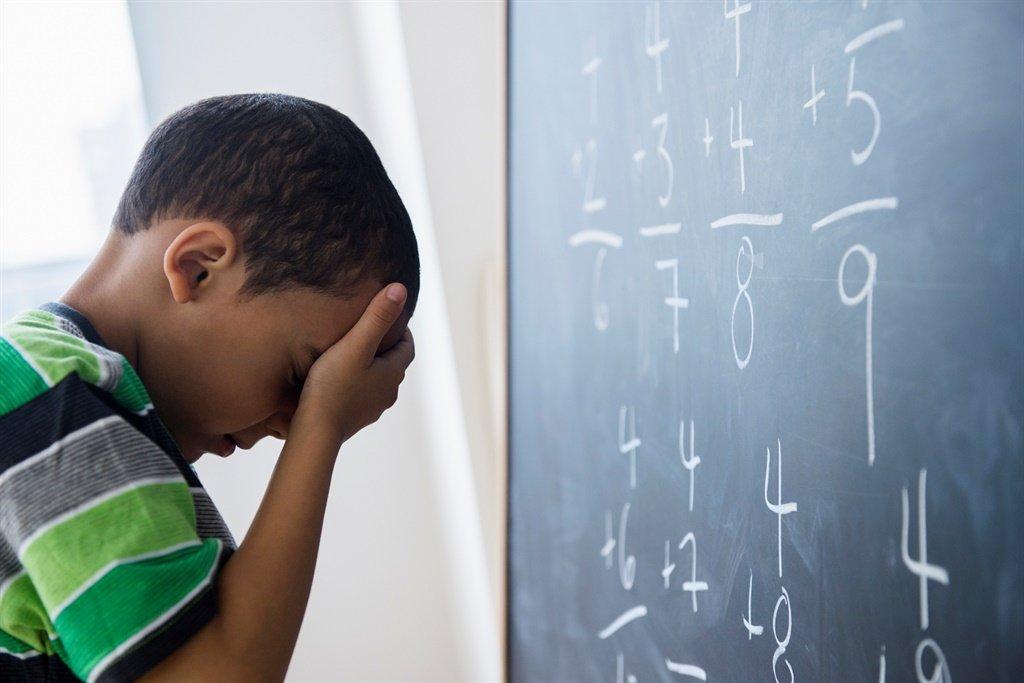Africa-Press – South-Africa. The Covid-19 pandemic has been a setback for the country’s youngest children, with far fewer attending Grade R and early childhood education programmes in 2021 compared to previous years, the Statistics SA annual General Household Survey (GHS) reported on Thursday.
While Grade R is not yet compulsory, it is considered vital to prepare children for school. Legislative amendments are in the pipeline that would make Grade R compulsory.
While school attendance was slightly lower among older age groups too, the percentage of children aged 5 that did not attend an educational institution increased from 10.9% in 2019 to 37.7% in 2020, before dropping off to 19.4% in 2021. The percentage of children aged 6 who were not in school grew from 3.5% in 2019 to 11.8% in 2020 and before settling at 5.9% in 2021.
The survey underlines the devastating impact of Covid-19 on education. Other recent surveys have found that the learning losses due to Covid-19 have been immense, with children at least a full year behind where they would have been, had the pandemic not occurred.
While school children fell behind over the past two years, in the 20 years of the survey, education outcomes have improved. The percentage of those with at least a Grade 12 qualification, for instance, has increased from 30.5% in 2002 to 50.5% in 2021.
READ
| As many as 750,000 children have dropped out of school during the pandemic
The pandemic also impacted households’ access to food, with limited access to food increasing to 23,8% in 2021 from 19.5% in 2019. This was despite the distribution of social grants, which increased over the pandemic with the introduction of the R350 grant. The R350 grant “played a vital role in protecting individuals and households against the loss of income over this period,” said the survey.
The GHS also measures service delivery trends. While a slightly greater proportion of households have access to water – 88.7% – due to improvements in KwaZulu Natal and the Eastern Cape, access to drinking water declined in several provinces, including Limpopo, Mpumalanga and North West. Overall progress has been slow.
Most households – 84.1% – now have access to sanitation, a more than 20 percentage point increase from 20 years earlier. But over the last three years, there has been little movement in the rollout of sanitation, with the dial moving only one percentage point over the period.
A notable upside to the Covid-19 pandemic has been the incidence of hand washing after using the toilet. The proportion of those washing their hands with soap and water increased between 2019 and 2021 from 43.6% to 59.1%. Nearly three-quarters of households reported having access to hand washing facilities.
For More News And Analysis About South-Africa Follow Africa-Press






